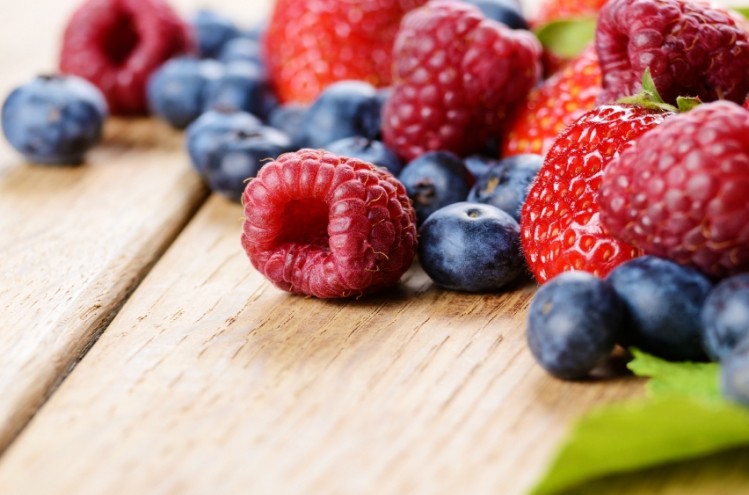Polyphenol pills counter inflammation in women on hormonal contraceptives: RCT

The supplements, formulated with resveratrol, catechin, quercetin, chlorogenic acid and cyanidin, were also found to prevent the increases in markers of systemic oxidative stress like F2-isoprostane, according to findings published in Prostaglandins, Leukotrienes and Essential Fatty Acids.
“The increase in biomarkers of inflammation and oxidative stress observed in the present study were possibly caused by the use of hormonal contraceptives, as verified in the [control group], and this change was not observed in the group that used polyphenols,” wrote researchers from the Institute of Cardiology and the Universidade Federal do Rio Grande do Sul in Brazil.
“Therefore, the results of this polyphenol supplementation showed that the antioxidant and anti-inflammatory effects observed in the studied population is due to the reduction in plasma levels of PGE2, supporting the conceptual hypothesis, by its action on the inflammatory cascade, probably by COX inhibition.”
Study details
The Brazil-based researchers recruited 40 women aged between 25 and 35 using contraceptives, and randomly assigned them to receive either placebo or polyphenols (3,000 mg per day) for 15 days. “A higher dosage was chosen in order to reduce the risk of food ingestion of control group to overcome the dosage of polyphenol supplementation in the [polyphenol group],” they explained.
Data from the 28 women who completed the study indicated that, as expected, markers of inflammation (PGE2 and C-reactive protein) and oxidative stress (F2-isoprostane) increased significantly in women in the placebo group. However, no such increases were observed in the polyphenol group.
“Among participants of the polyphenols group, an inverse correlation was observed between the consumption of polyphenols estimated by the [food frequency questionnaire] with PGE2 levels at the end of the study. This finding had not yet been previously described in the literature and reinforces the hypothesis of the present study regarding the action of polyphenols in reducing PGE2 levels,” wrote the researchers.
“The liver is the main organ involved in the metabolism of polyphenols, and metabolites are secreted in bile and urine. Excretion of polyphenols in participants of the [polyphenol group] was significantly higher than in the [control group], confirming the effective ingestion of capsules and absorption of compounds, which can vary depending on the amount ingested, the chemical structure of the substance and the intestinal flora of the subjects.”
Source: Prostaglandins, Leukotrienes and Essential Fatty Acids (PLEFA)
Published online ahead of print, doi: 10.1016/j.plefa.2017.04.001
“Polyphenol Supplementation Inhibits Physiological Increase of Prostaglandin E2 During Reproductive Period – A Randomized Clinical Trial”
Authors: A.M. Zilio, et al.











